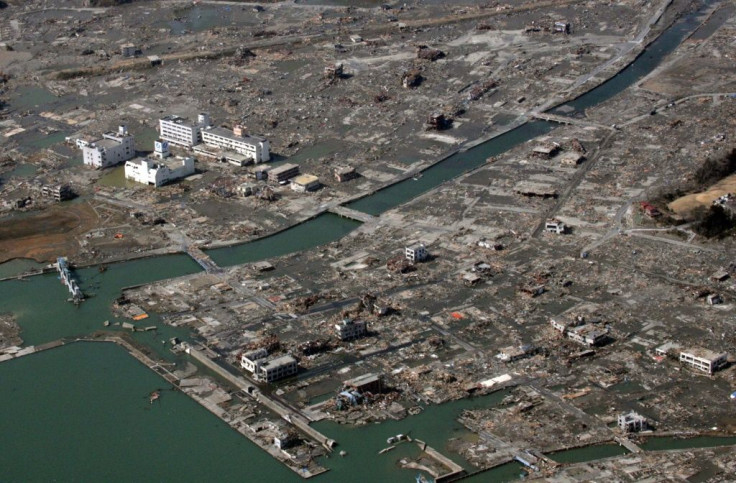Earthquakes, Tsunamis' Effect On Earth’s Ionosphere As Powerful As Solar Flares'

KEY POINTS
- Researchers studied the effects of earthquakes and tsunamis on the ionosphere
- The effects are similar to those of a powerful solar flare
- Disruptions in the ionosphere could affect radio communications and GPS signals
Researchers recently discovered that like solar flares and extreme space weather, earthquakes and tsunamis could also disrupt Earth’s ionosphere. According to the researchers, the effects of these Earth-based natural disasters on the ionosphere could interfere with radio communications and scramble GPS signals.
The study about the correlation between the ionosphere and earthquakes and tsunamis was carried out by researchers from the University Corporation for Atmospheric Research in Boulder, Colorado. It was published in the journal Space Weather.
For the study, the researchers focused on a powerful earthquake that occurred in 2011 off the coast of Japan. The magnitude 9.0 earthquake triggered a massive tsunami that affected a total area of 561 square kilometers in the country.
According to the researchers, the earthquake and tsunami were reflected by various sources such as islands and ridges onto the ionosphere, which is a part of the atmosphere that’s ionized by solar and cosmic radiation.
“On 11 March 2011, a magnitude 9.0 earthquake occurred near the east coast of Honshu, Japan, unleashing a savage tsunami as well as unprecedented plasma ripples at the space‐atmosphere interaction region,” the researchers wrote in the abstract of their study.
The reflection of the earthquakes and tsunami created ripples on the ionosphere. As indicated in their findings, the disturbance in the ionosphere over Japan during the earthquake in 2011 lasted for about 46 hours.
During this period, disruptions in satellite signals over Japan were reported. Some GPS devices also failed to function properly during the incident.
As noted by the researchers, the effects of the earthquake and tsunami on the ionosphere were very similar to how Earth would react following a direct hit from a solar flare. It indicates that aside from space weather, natural disasters on Earth also have serious effects on satellite communication and GPS signals.
For the researchers, follow-up studies regarding the effects of natural phenomena on the ionosphere should be conducted.
“Such space weather phenomena have an adverse impact on Global Navigation Satellite System navigation and applications,” they stated. Therefore, understanding how natural hazards impact our upper atmosphere and cause variations in the space environment around Earth is crucial.”
© Copyright IBTimes 2025. All rights reserved.





















